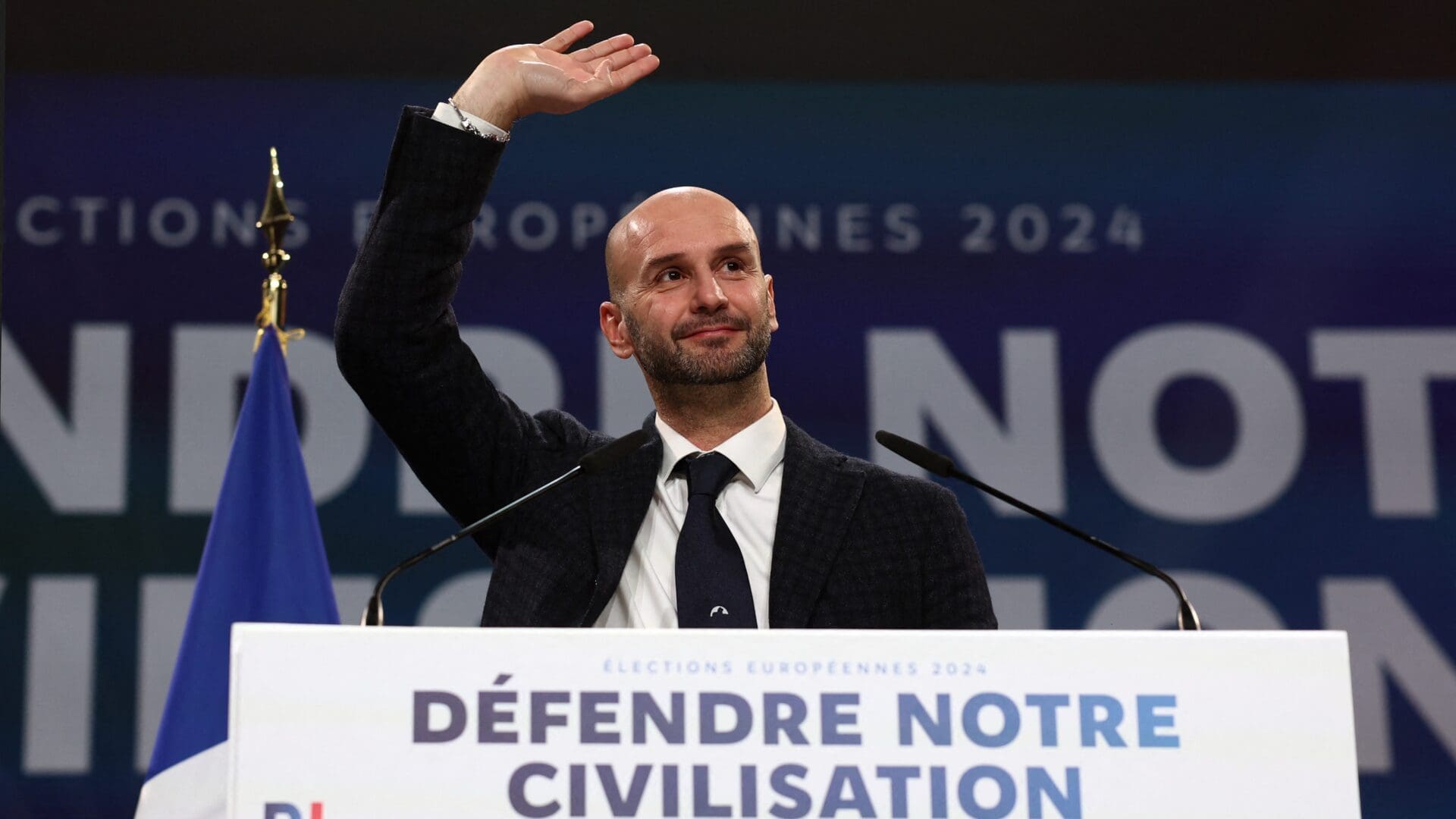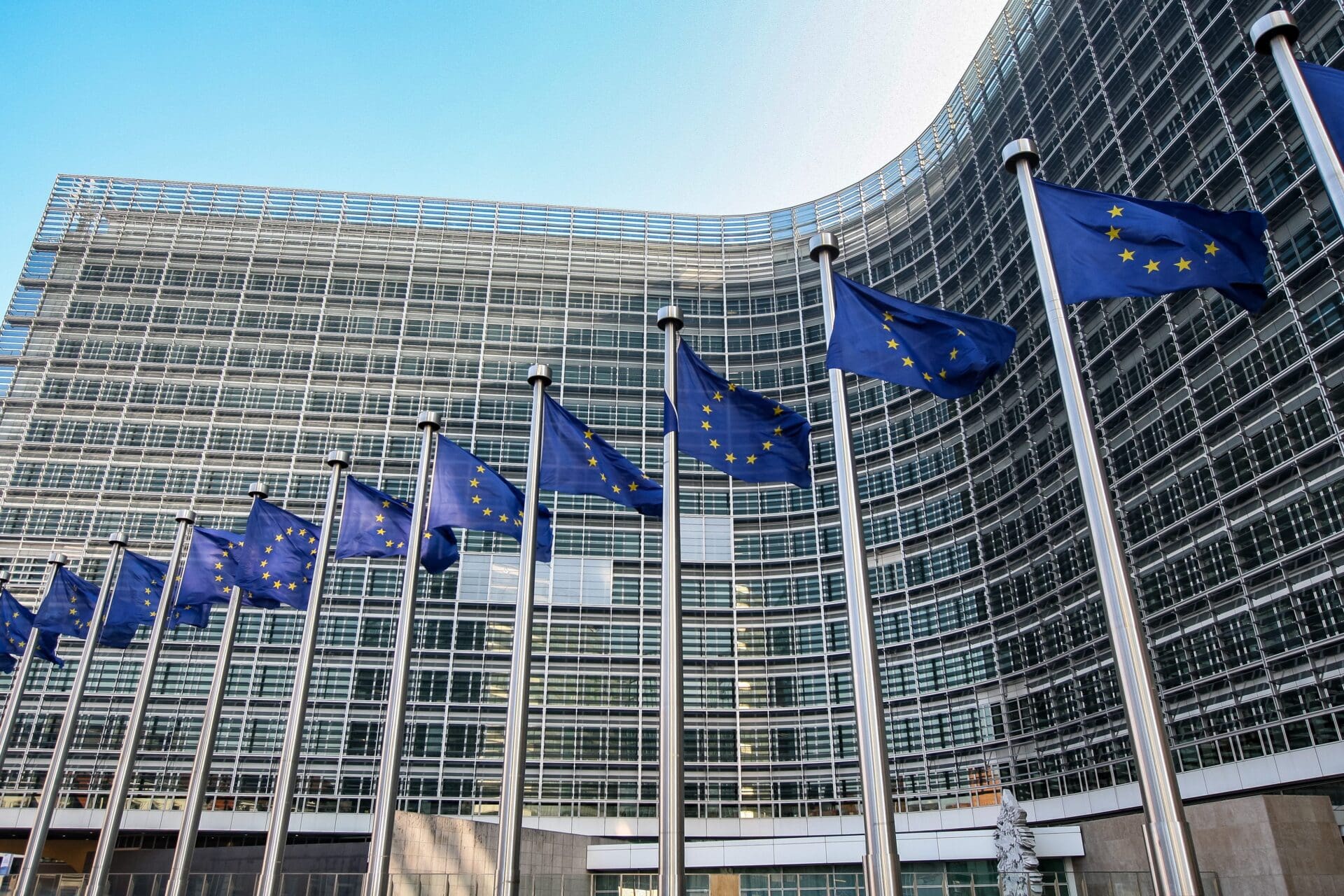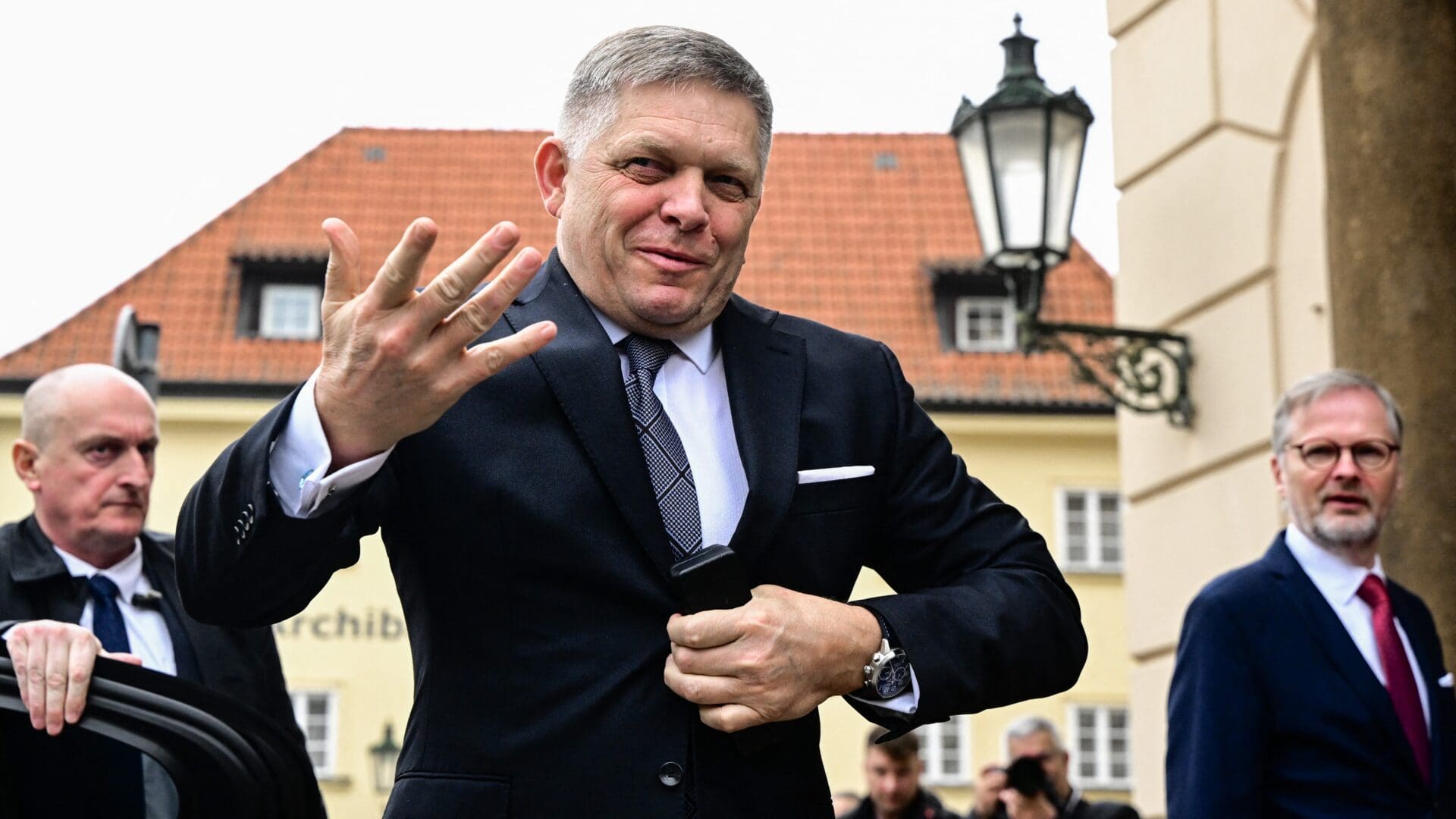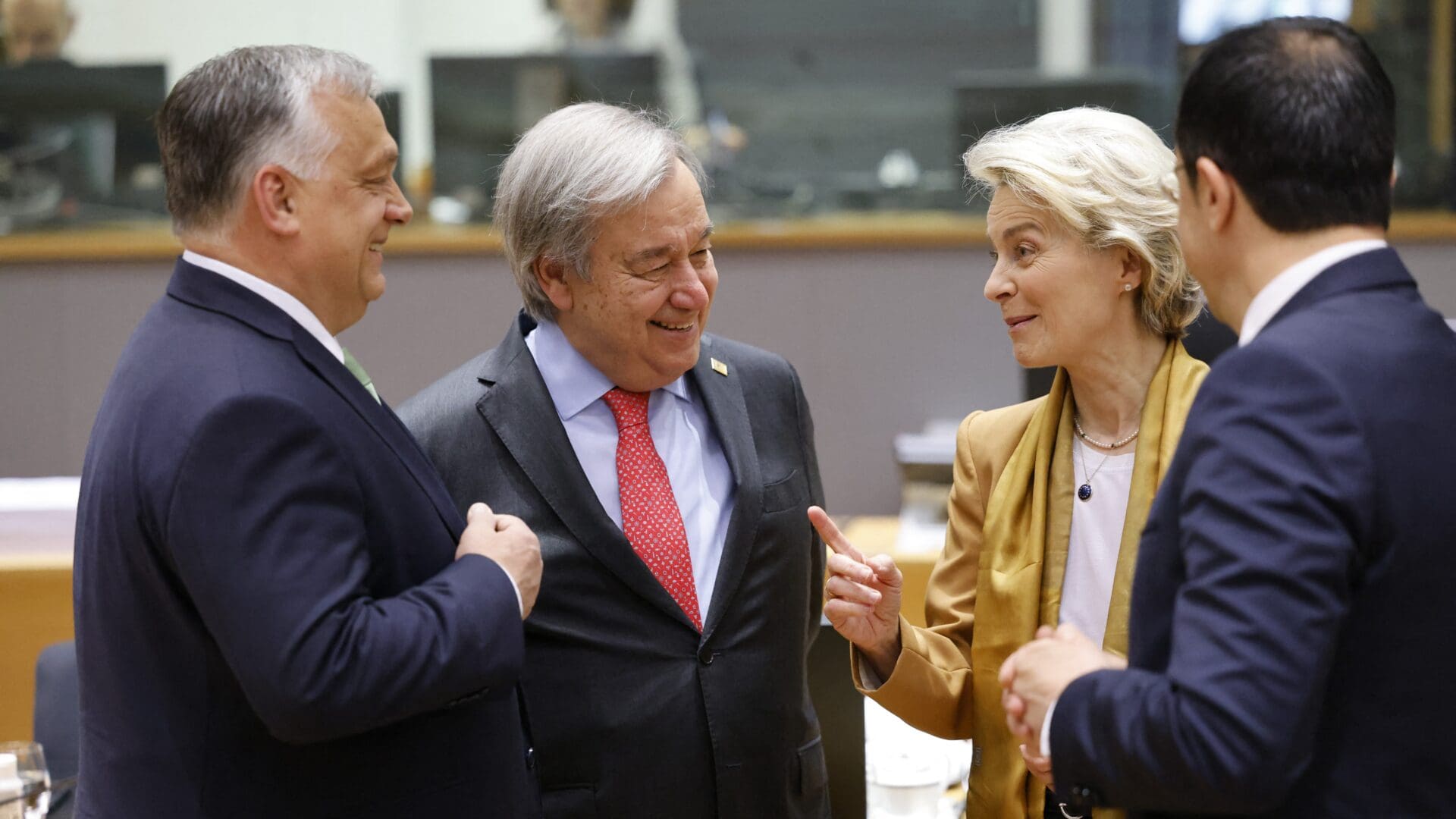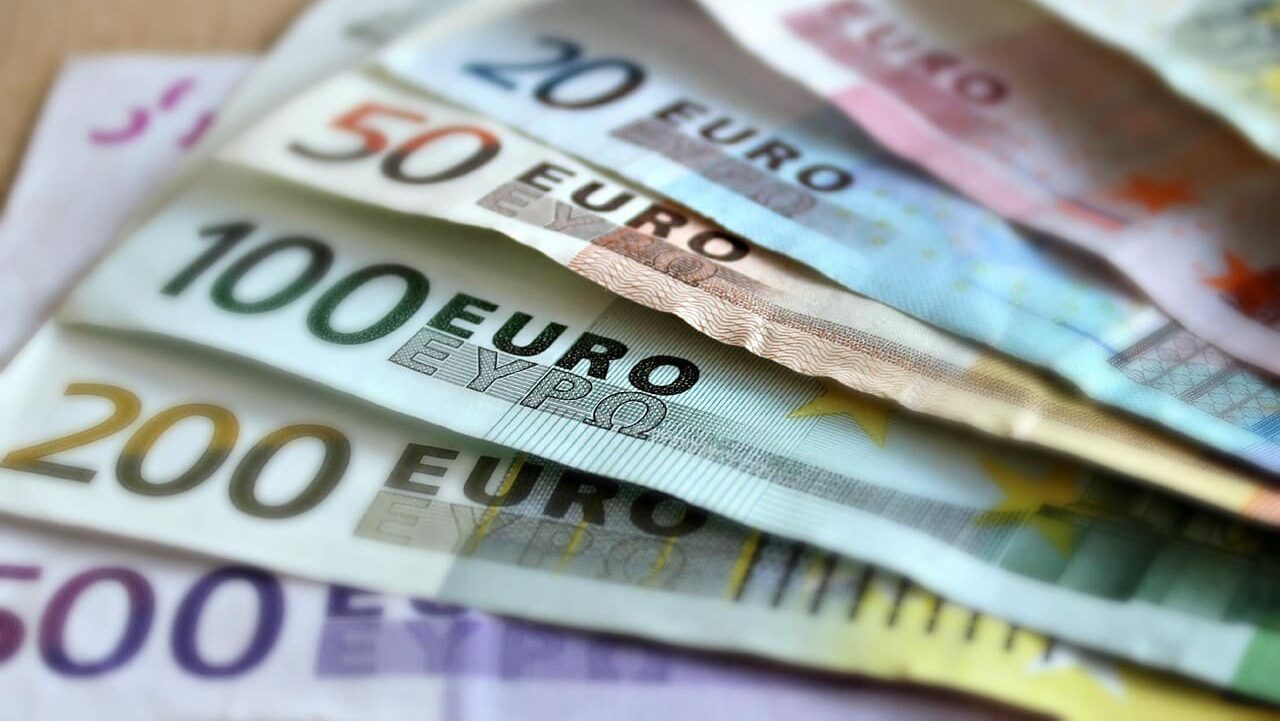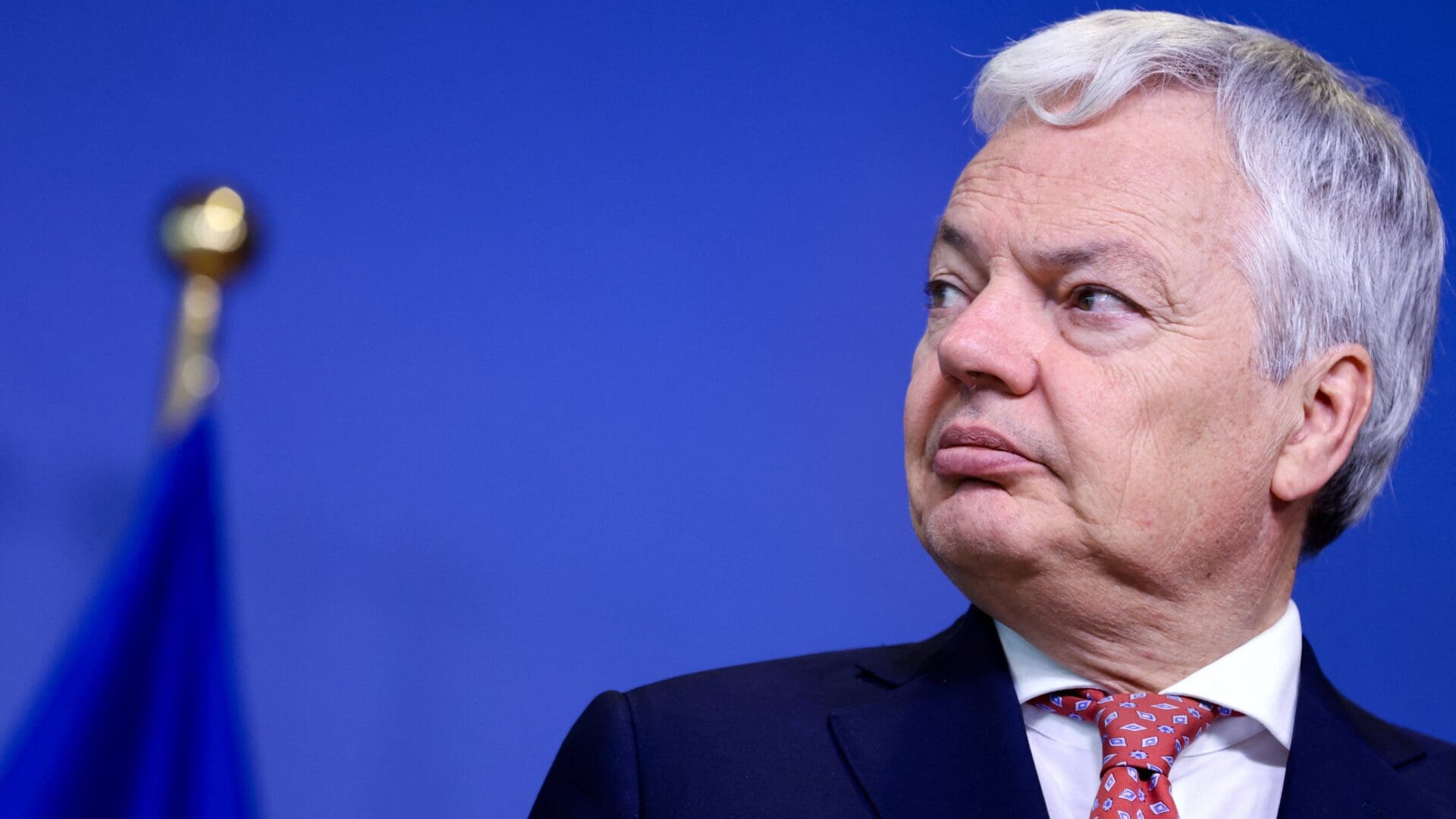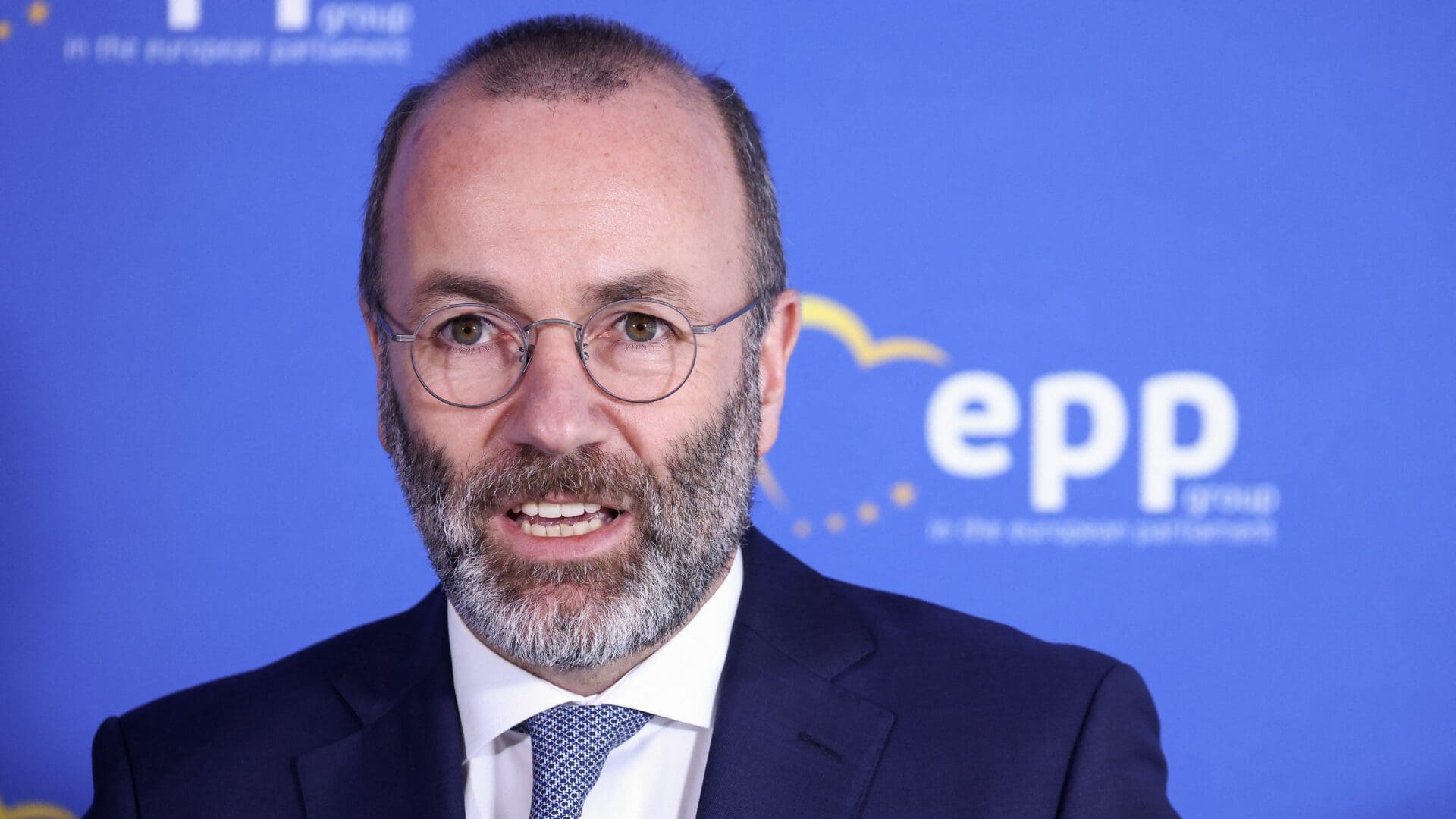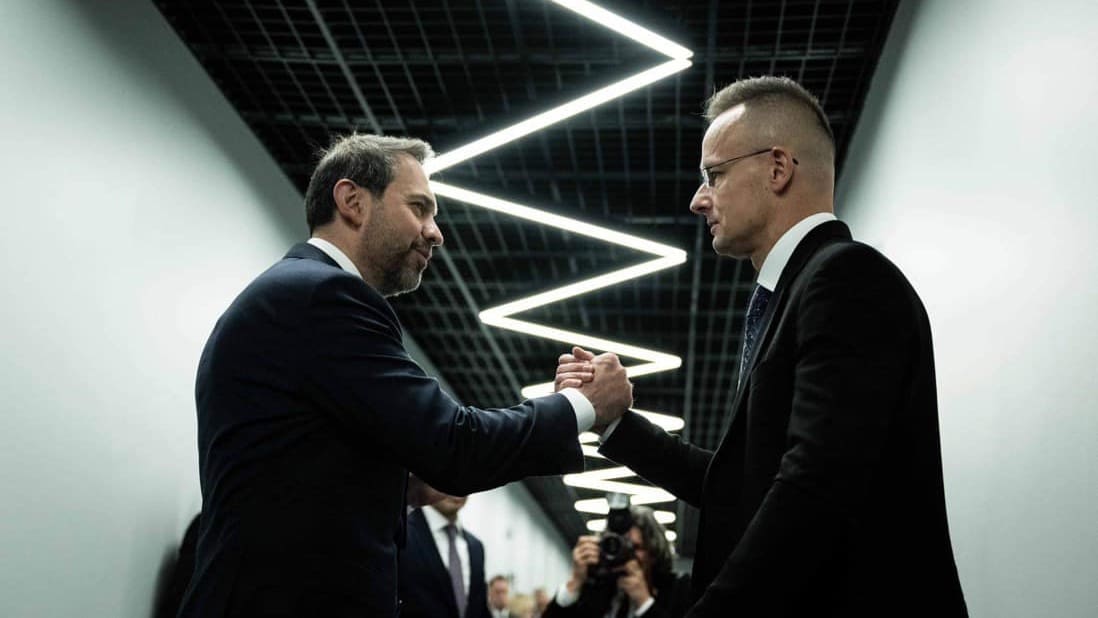
Meaningful Turkic Alternative to Hungarian Russian Gas Imports Emerges This April
The Eastern Opening policy has greatly enhanced Hungary’s ability to diversify its natural gas import sources and the commencement of Turkish natural gas deliveries on April 1st, 2024, will amplify this policy’s effectiveness. For further diversification, there’s an emphasized need for a firmer commitment to boost imports from Azerbaijan and Turkmenistan.


